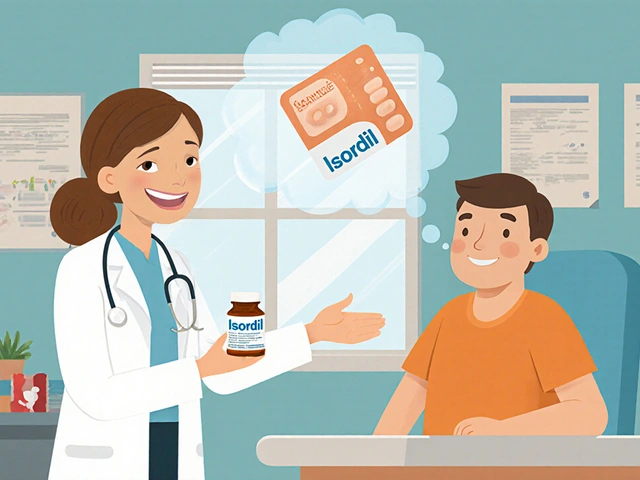Women Health Resources – Simple Tips for Fertility & Endometriosis
Looking for straight‑forward advice on anything from ovulation kits to dealing with extra pounds caused by endometriosis? You’re in the right place. This page gathers the most useful info so you can act fast, feel confident, and stay healthy.
Understanding Ovulation and Pregnancy Tests
Ovulation tests measure the surge of luteinizing hormone (LH) that tells your body it’s about to release an egg. You usually test once a day around the middle of your cycle and watch for a clear line or digital signal indicating peak LH. That moment is your most fertile window – perfect for timing intercourse if you’re trying to conceive.
Pregnancy tests work differently. They detect human chorionic gonadotropin (hCG), a hormone that appears after a fertilized egg implants in the uterus. Most home kits can spot hCG as early as the first day of a missed period, but waiting a few days improves accuracy. Remember: an ovulation test won’t tell you if you’re pregnant, and a pregnancy test won’t predict when you’ll ovulate.
Want to boost reliability? Use the same brand for consistency, follow the timing instructions exactly, and read results within the recommended window. If you get a faint positive on a pregnancy test, retest in 24‑48 hours – hCG levels double roughly every day early on.
Managing Weight Gain with Endometriosis
Endometriosis can make weight management feel like an uphill battle. Hormonal fluctuations, chronic inflammation, and some pain‑relief meds all play a role in adding extra pounds. The good news is you have control over several key factors.
First, focus on anti‑inflammatory foods: leafy greens, fatty fish, berries, and nuts can calm the body’s response. Pair that with regular movement – even short walks or gentle yoga help keep metabolism active without worsening pain.
Second, watch your medication side effects. Talk to your doctor about alternatives if a prescription is causing noticeable weight gain. Sometimes adjusting dosage or switching drugs can make a big difference.
Finally, stress management matters. High cortisol levels from chronic stress can trigger cravings and fat storage. Simple breathing exercises, meditation apps, or a hobby you enjoy can lower stress hormones quickly.
Every woman's experience with endometriosis is unique, so experiment with diet, activity, and medical options until you find the right mix. Track your progress in a notebook or app – seeing small wins keeps motivation high.
Whether you’re prepping for conception with ovulation tests or tackling endometriosis‑related weight gain, clear steps make a huge impact. Use the tips above, stay curious about what works for you, and remember that consistent, simple actions often lead to the best results.
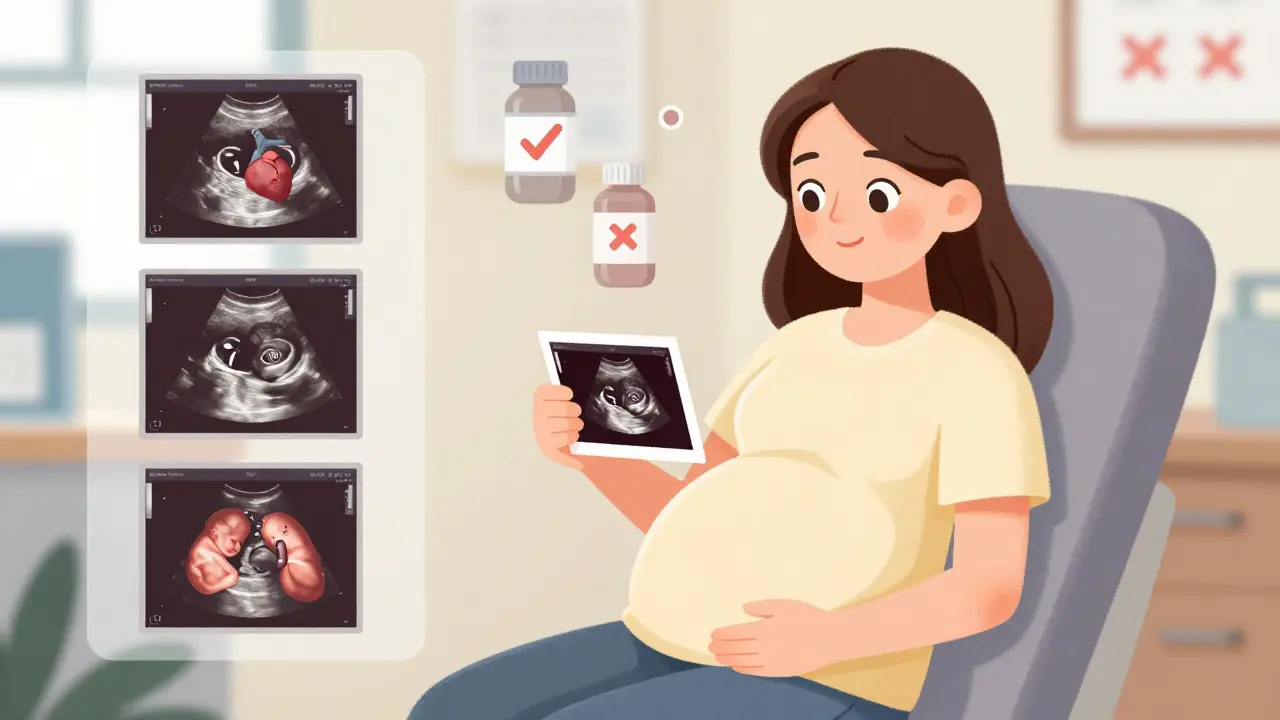
Pregnancy Trimester-Specific Medication Risks: Safer Timing Strategies
Learn when it's safe to take medications during pregnancy by trimester. Discover which drugs pose risks in the first, second, or third trimester-and how to make smarter, science-backed choices for you and your baby.
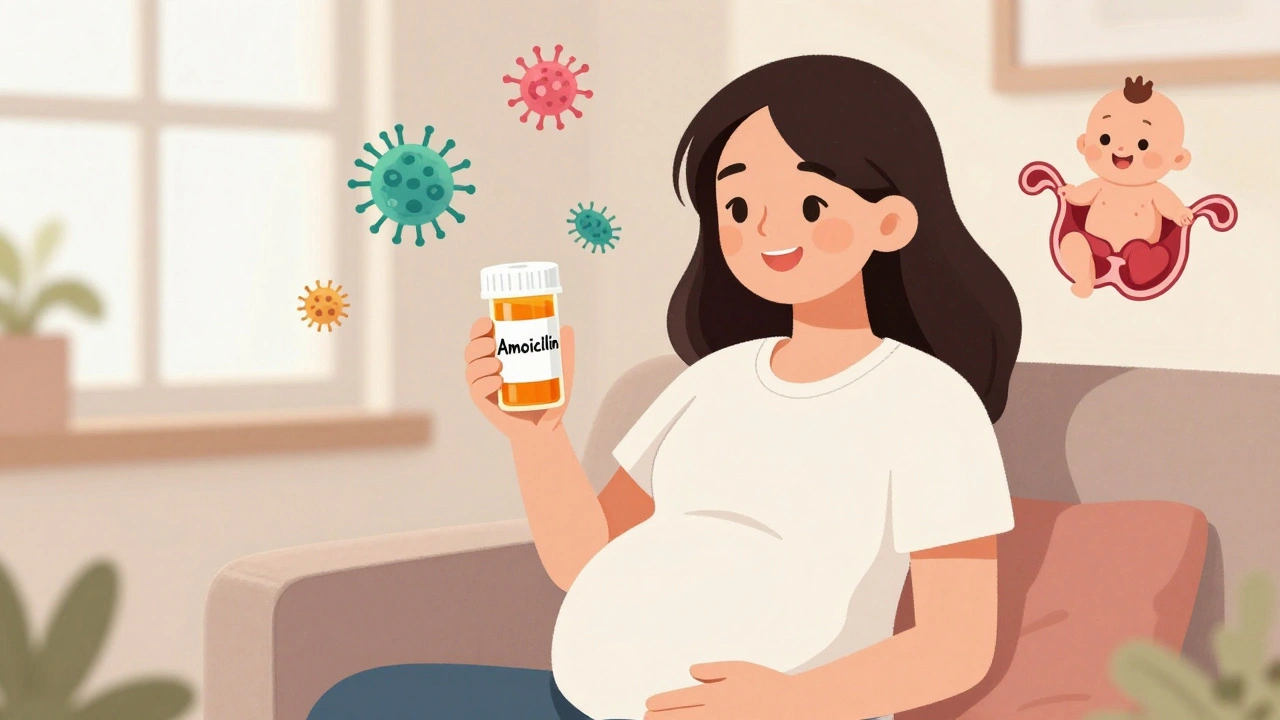
Pregnancy-Safe Antibiotics: Common Side Effects and What You Need to Know
Learn which antibiotics are safe during pregnancy, their common side effects, and how to talk to your doctor about treatment. Evidence-based guidance for pregnant people needing antibiotics.
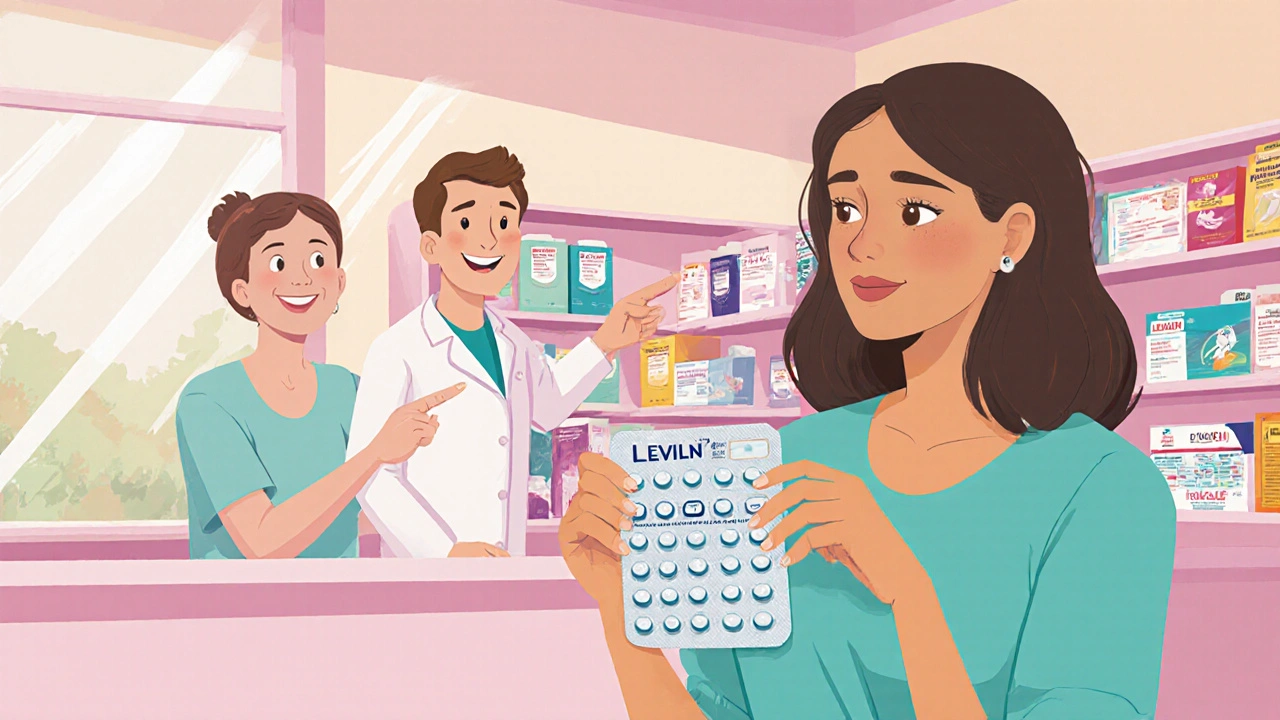
Levlen vs Other Birth Control Pills: Pros, Cons, and Alternatives
A clear, practical guide comparing Levlen with other birth‑control pills and non‑pill options, covering effectiveness, side‑effects, and how to choose the right method.
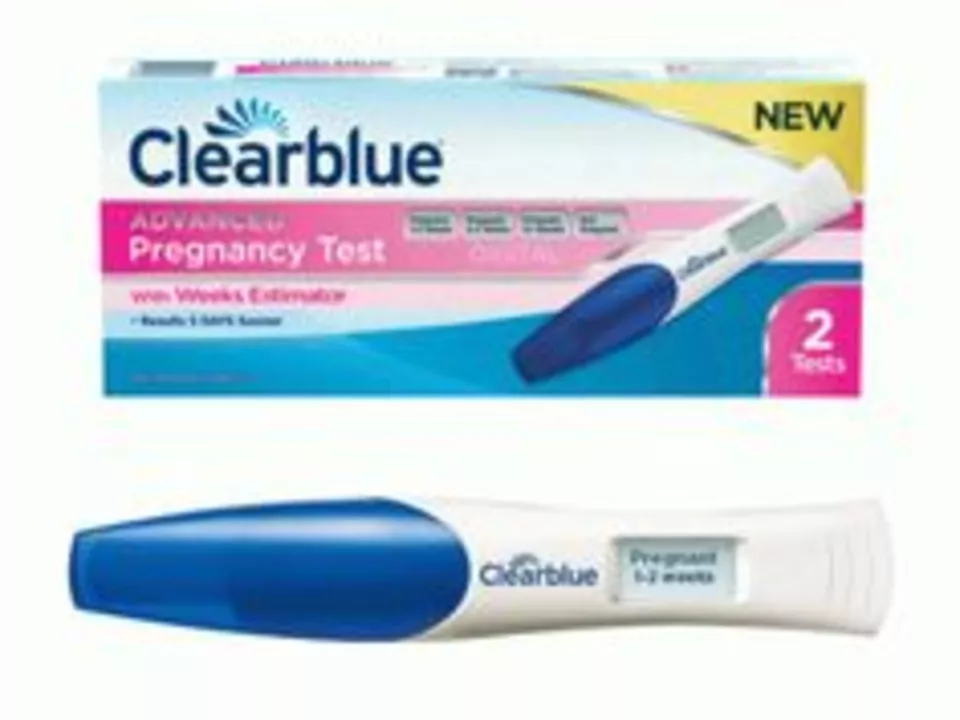
The Connection Between Ovulation Tests and Pregnancy Tests
As a blogger, I've recently delved into the connection between ovulation tests and pregnancy tests. While both tests are used to detect changes in hormone levels, ovulation tests specifically measure the increase in luteinizing hormone (LH) that precedes ovulation, while pregnancy tests detect the presence of human chorionic gonadotropin (hCG) released after implantation. The main difference between these two tests is their purpose: ovulation tests help predict when you are most fertile, while pregnancy tests confirm if conception has occurred. It's important to remember that ovulation tests cannot confirm a pregnancy, and pregnancy tests cannot predict ovulation. Understanding the distinctions between these tests can be instrumental in maximizing your chances of conception and ensuring a healthy pregnancy journey.
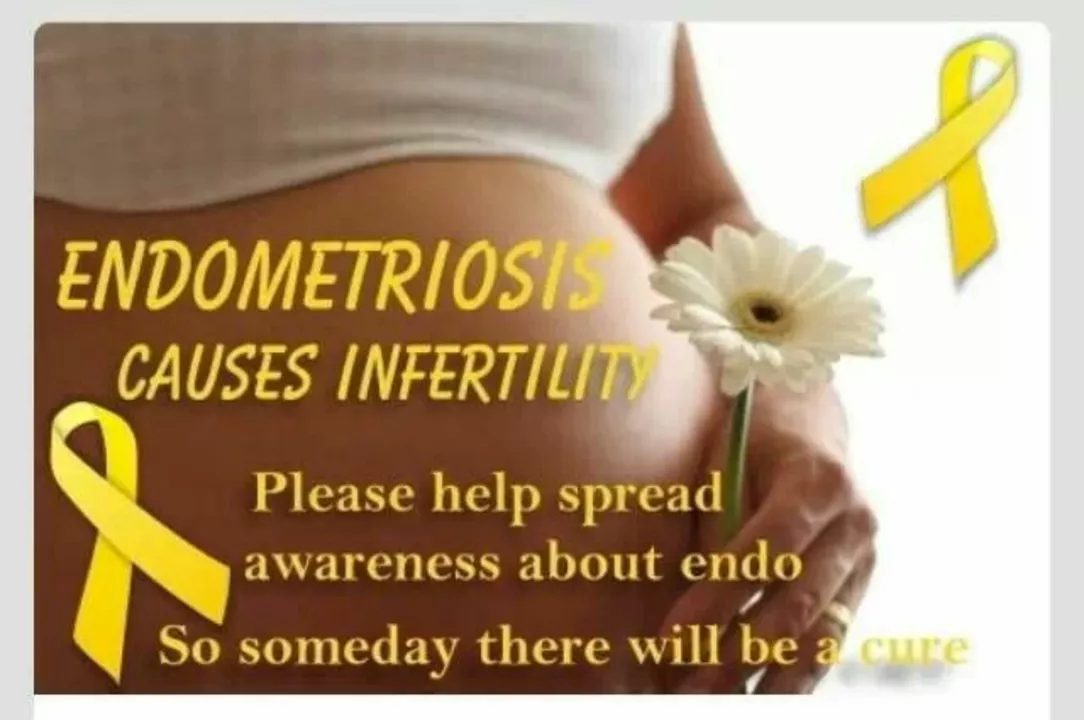
Endometriosis and Weight Gain: Causes and Solutions
Endometriosis is a painful condition that affects many women, and one of the lesser-known side effects is weight gain. This can be caused by hormonal imbalances, inflammation, and even certain medications used to treat the condition. To combat this weight gain, it's important to maintain a healthy diet, exercise regularly, and manage stress levels. Additionally, working closely with your healthcare provider to find the right balance of medications can also help. It's crucial to remember that every woman's experience with endometriosis is unique, so finding the right solution may take time and patience.




